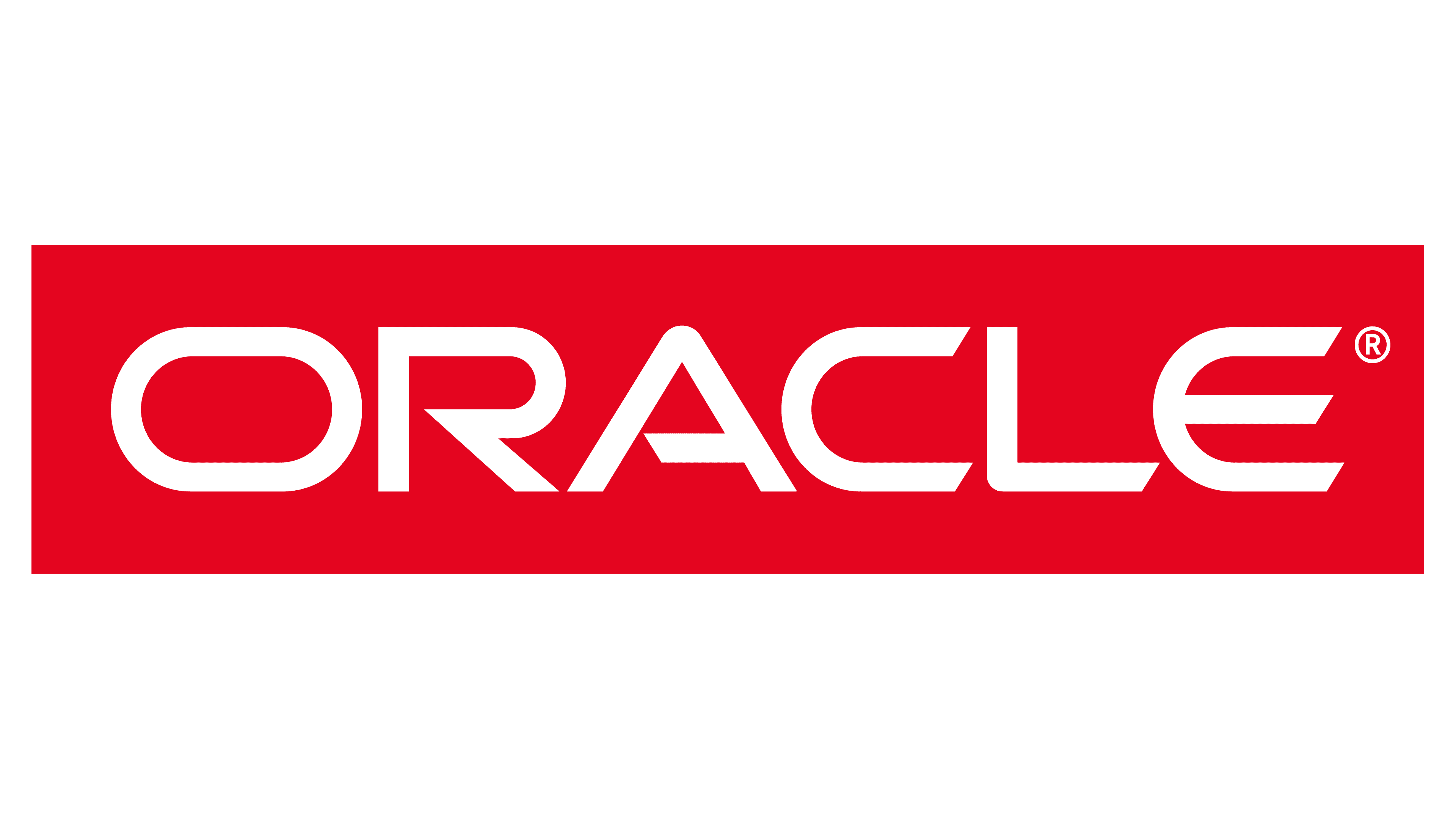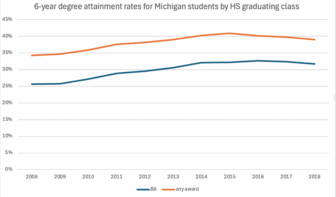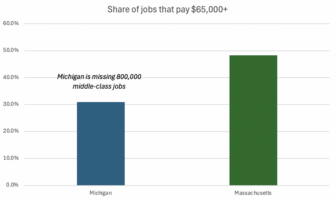
Last month Oracle announced they are bringing 8,500 jobs at an average salary of $110,000 to central city Nashville. The company will invest $1.2 billion to build out its new campus, including $175 million for public infrastructure.
The city, in its statement about the Oracle investment, writes:
“We are thrilled that Oracle is ready to make a billion-dollar bet on Nashville,” said Mayor John Cooper. “Oracle will bring a record number of high-paying jobs to Nashville and they will pay upfront all the city’s infrastructure costs. This is a huge win for our city. In an unprecedented deal structure for Nashville, no new debt is being issued and there is no burden on our taxpayers. Oracle’s presence will transform the East Bank, and I’m equally excited about the ways Oracle can transform education and career pipelines in Nashville.”
…The deal would not burden the city with any additional debt. The proposal does not require any funds from Metro’s operating budget. There are no job grants or bonds required as part of the proposed deal.
In the proposal, Oracle will make a $175 million investment in public infrastructure that a city would ordinarily be required to purchase itself. This includes costs such as a pump station for water and sewer, a pedestrian bridge, street widenings, and environmental remediation. Per the Economic Impact Plan, half of Oracle’s future property taxes would go to reimbursing the company for its upfront infrastructure investment, without any interest payments.
The other half of the new property tax base would benefit the city’s general operating fund, from which funds can be directed to investments in affordable housing and neighborhood infrastructure. “The remaining property tax revenue from the project, the ‘Oracle bonus,’ can fund investments throughout the city. Creating and preserving affordable housing will be my top priority with those funds,” added Mayor Cooper. In addition to the increase in the property tax base, local sales and use tax collections from the proposed project are expected to reach about $8.8 million annually.
News 4 Nashville describes Oracle’s reasons for choosing Nashville this way:
Oracle is interested in Nashville because it provides access to world class higher education institutions and a talented workforce, boasts a diverse populations with a vibrant culture, has a high quality of life while maintaining affordability, and is a top destination for new employees.
Wow! 8,500 new high-paying jobs with very little public subsidy. Why? Because this is an economy in which talent attracts capital. The asset that matters most to high-wage employers is concentrated talent. Particularly young professionals in a wide variety of professions. 45.2 percent of Nashville/Davidson County residents 25 and older have a four-year degree or more. And Nashville has become one of the nation’s leading talent magnets.
This is the new economic development success recipe: talent driven, not business incentives driven.
There are five essential lessons our state and regional economic leaders can and should learn from Nashville’s success in attracting Oracle:
- The core of being an economic development competitive state and region is a region’s human capital, not what is included in the offer for a specific business investment opportunity.
- Placemaking––creating a place where people want to live and work––is key to retaining and attracting high-wage employers.
- Creating places where people want to live and work is driven by public investments in quality basic services, infrastructure and amenities.
- Welcoming to all is a core characteristic of high-prosperity regions. People will not live and work in a community that isn’t welcoming.
- High-wage jobs will continue to be concentrated in offices in high-density, high-amenity big cities. As we bring the virus under control people––particularly young professionals––are going to want to live in high-density, high-amenity central city neighborhoods an employers are going to want their high-wage employees working together to boost productivity.
For Michigan and its regions to be competitive with leading-edge communities like Nashville the state and its regions need to completely redesign its economic development strategy and practice. What we think of as state and regional economic development now is the icing on the cake, not the foundation of building a high-wage economy. What Michigan needs, first and foremost, is a human capital centered economic strategy not a business creation, retention, attraction centered economic strategy. The 21st Century economic development foundation is high-quality education systems that prepares the next generation for the economy they are going to work in and communities where mobile talent wants to live and work.







